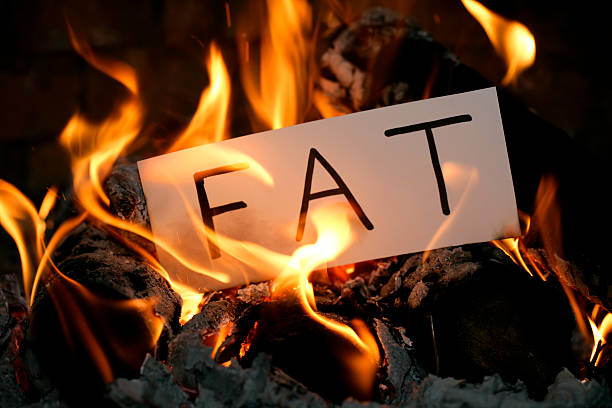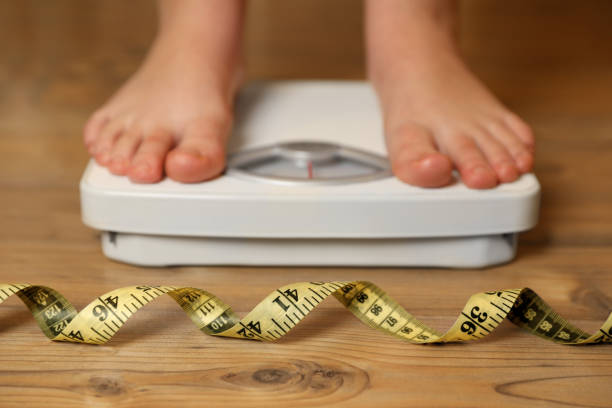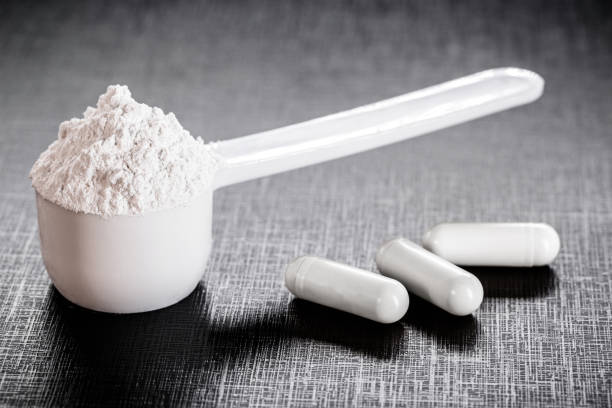Can You Take Creatine for Weight Loss? Use Creatine to Lose Weight
Take Creatine While Trying to Lose Weight: Benefits, Myths, and Science Explained
Creatine supplementation has long been a staple for athletes and fitness enthusiasts looking to improve performance, build muscle, or enhance recovery. But what about those trying to lose weight?
Is creatine good for weight loss? This article delves into the science, benefits, and common misconceptions about taking creatine while trying to shed fat mass.
Whether you’re aiming for muscle growth, improving body composition, or achieving your weight loss goals, this guide will equip you with everything you need to know.

Outline of the Article
- What Is Creatine and Why Should You Take It?
- How Does Creatine Supplementation Affect Weight Loss?
- Can You Burn Fat While Taking Creatine?
- The Role of Creatine Supplementation in Resistance Training
- Benefits of Creatine for Body Composition
- Does Creatine Cause Weight Gain? Myth vs. Reality
- Best Practices for Using Creatine for Weight Loss
- Side Effects of Creatine Supplementation: What You Need to Know
- Choosing the Right Type of Creatine Supplement
- Final Thoughts: Is Creatine Good for Weight Loss?
1. What Is Creatine and Why Should You Take It?
Creatine is one of the most researched supplements in sports nutrition, known for its ability to boost performance and increase muscle mass.
Found naturally in foods like meat and fish, creatine stores in your muscles as phosphocreatine, providing energy during high-intensity activities.
When you start taking creatine, your energy levels improve, making it easier to perform resistance training or weight training sessions that lead to muscle growth.
This makes creatine a valuable tool not just for athletes but also for individuals looking to improve their fitness levels or body composition.
For a detailed overview, check out How Does Creatine Work.

2. How Does Creatine Supplementation Affect Weight Loss?
You might wonder whether creatine can contribute to weight loss. Research has shown that creatine supplementation may indirectly support fat loss by improving exercise performance and enabling greater calorie burn during workouts.
While creatine may not directly burn fat, its role in promoting lean muscle mass can increase your basal metabolic rate (BMR). In simpler terms, the more muscle you have, the more calories you burn at rest. This makes creatine a useful ally in your weight loss journey.
For more insights, see our Ultimate Guide to Creatine Supplements.

3. Can You Burn Fat While Taking Creatine?
Yes, you can burn fat while taking creatine! A combination of creatine supplementation and resistance training has been shown to reduce fat mass more than resistance training alone.
Studies suggest that creatine can enhance your workout intensity, helping you burn more calories and fat over time.
For adults ≥50 years of age, creatine supplementation may also help counteract age-related muscle loss, which is crucial for maintaining a healthy body composition and reducing fat mass.

4. The Role of Creatine Supplementation in Resistance Training
Creatine supplementation and resistance training go hand in hand. The effect of creatine supplementation during resistance training has been well-documented, showing improvements in strength, muscle growth, and overall performance.
When combined with a structured weight training program, creatine can help increase muscle mass, which contributes to long-term fat loss and better body composition.
This is particularly beneficial for individuals who are trying to lose weight while preserving muscle.
To decide which form of creatine is right for you, check out Creatine HCL vs Monohydrate.

5. Benefits of Creatine for Body Composition
The benefits of creatine extend beyond muscle growth. Creatine supplementation combined with resistance training has been shown to decrease body fat percentage and improve body composition.
For those trying to achieve weight loss goals, creatine can help you lose fat while retaining or even increasing lean muscle mass. This leads to a toned and defined physique rather than a "skinny-fat" appearance.

6. Does Creatine Cause Weight Gain? Myth vs. Reality
One common concern is that creatine causes weight gain. While it’s true that creatine may lead to a temporary increase in water weight due to water retention in your muscles, this is not the same as gaining fat.
In fact, evidence suggests that creatine supplementation can lead to greater fat loss over time when combined with a healthy diet and regular resistance training.
So, don’t let the myth of weight gain stop you from experiencing the benefits of creatine.
For more on myths about creatine, visit Does Creatine Break a Fast.

7. Best Practices for Using Creatine for Weight Loss
To use creatine responsibly while trying to lose weight, follow these tips:
- Dosage: Start with a creatine loading phase of 20 grams of creatine per day for 5-7 days, followed by a maintenance dose of 3-5 grams per day.
- Timing: Take creatine with a post-workout meal for optimal absorption.
- Hydration: Stay hydrated, as creatine may increase water retention.
These practices will ensure you get the most out of your creatine supplementation without compromising your weight loss goals.

8. Side Effects of Creatine Supplementation: What You Need to Know
The side effects of creatine are generally mild and rare. Some individuals may experience bloating or gastrointestinal discomfort during the creatine loading phase.
It’s essential to consult a healthcare professional before taking creatine supplements, especially if you have pre-existing medical conditions. Long-term creatine supplementation is considered safe for most people when taken in recommended doses.
For an in-depth guide on potential side effects, read Creatine Supplementation Side Effects.

9. Choosing the Right Type of Creatine Supplement
When it comes to creatine, not all supplements are created equal. Creatine monohydrate is the most studied and effective form of creatine supplement available.
Other forms of creatine, such as creatine ethyl ester or buffered creatine, may claim to offer additional benefits, but they lack the robust evidence that supports creatine monohydrate. Always opt for high-quality supplements like creatine monohydrate to ensure safety and efficacy.
Check out our detailed post on Choosing the Right Type of Creatine.

10. Final Thoughts: Is Creatine Good for Weight Loss?
Creatine is not a magic pill for weight loss, but it can be a valuable tool in your fitness arsenal.
By improving performance, increasing muscle mass, and enhancing body composition, creatine supplementation can contribute to long-term fat loss and weight management.

Key Takeaways
- Creatine supplementation boosts performance and supports fat loss when combined with resistance training.
- It promotes lean muscle mass, which increases your metabolism and aids in weight loss.
- Creatine monohydrate is the best type of creatine supplement to use.
- Temporary water retention is not the same as weight gain.
- Always consult a healthcare professional before taking creatine supplements, especially if you have medical concerns.
By incorporating creatine into your weight loss journey and following best practices, you can maximize its benefits and achieve your fitness goals. Use creatine responsibly, stay consistent with your workouts, and watch your body transform!
References
- Antonio, Jose, and Victoria Ciccone. "The Effects of Pre Versus Post Workout Supplementation of Creatine Monohydrate on Body Composition and Strength." Journal of the International Society of Sports Nutrition, vol. 10, no. 1, 2013, pp. 36. https://jissn.biomedcentral.com/articles/10.1186/1550-2783-10-36.
- Forbes, S. C., et al. "Changes in Fat Mass Following Creatine Supplementation and Resistance Training in Adults ≥50 Years of Age: A Meta-Analysis." Journal of Functional Morphology and Kinesiology, vol. 5, no. 4, 2020, pp. 1–10. https://www.ncbi.nlm.nih.gov/pmc/articles/PMC7739317/.
- Kreider, Richard B., et al. "International Society of Sports Nutrition Position Stand: Safety and Efficacy of Creatine Supplementation in Exercise, Sport, and Medicine." Journal of the International Society of Sports Nutrition, vol. 14, no. 1, 2017, pp. 1–18. https://jissn.biomedcentral.com/articles/10.1186/s12970-017-0173-z.
- Smith-Ryan, Abbie E., et al. "Creatine Supplementation in Women's Health: A Lifespan Perspective." Nutrients, vol. 13, no. 3, 2021, pp. 1–17. https://www.mdpi.com/2072-6643/13/3/877.
- Rawson, Eric S., and Philip F. Clarkson. "Scientific Basis and Practical Aspects of Creatine Supplementation for Athletes." Nutrition, vol. 16, no. 7-8, 2000, pp. 490–491. https://www.sciencedirect.com/science/article/pii/S0899900700001335.
- Buford, Thomas W., et al. "International Society of Sports Nutrition Position Stand: Creatine Supplementation and Exercise." Journal of the International Society of Sports Nutrition, vol. 4, no. 1, 2007, pp. 6. https://jissn.biomedcentral.com/articles/10.1186/1550-2783-4-6.
- Lopez, Ralph M., et al. "Does Creatine Supplementation Hinder Exercise Heat Tolerance or Hydration Status? A Systematic Review with Meta-Analyses." Journal of Athletic Training, vol. 44, no. 2, 2009, pp. 215–223. https://www.ncbi.nlm.nih.gov/pmc/articles/PMC2657027/.
For More Training Advice + Diet and Lifestyle visit us Combat Creatine
PS: Make sure you check out the rest of our Creatine Guides:
Creatine
Creatine Supplements Ultimate Guide
Creatine Supplementation Side Effects
Best Creatine Monohydrate Gummies Review: Top 10 Best Creatine Gummies












